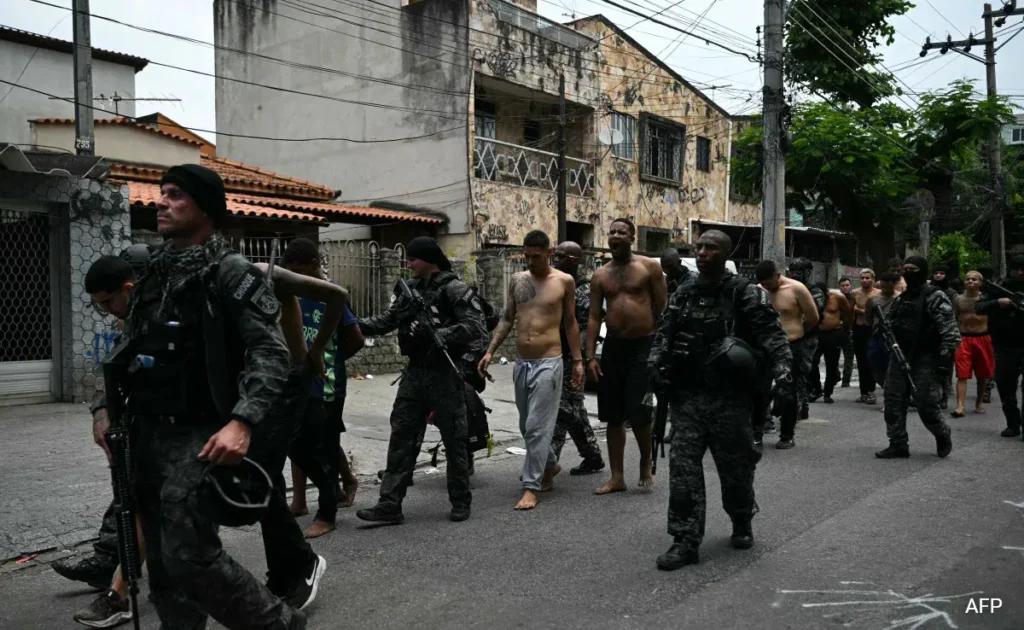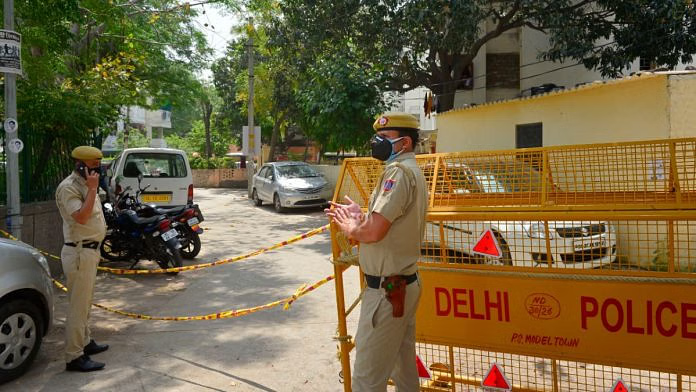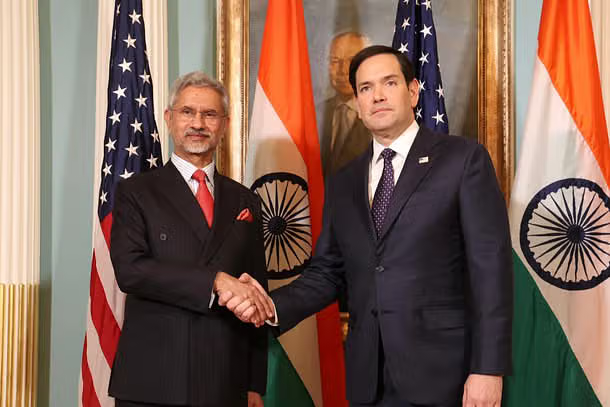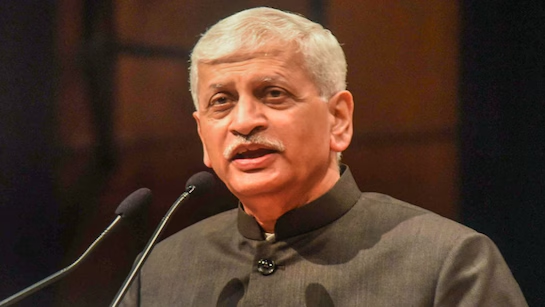Now Reading: Inderjit Singh Gosal Arrested in Canada Amid Renewed Tensions Over Khalistan Referendum
-
01
Inderjit Singh Gosal Arrested in Canada Amid Renewed Tensions Over Khalistan Referendum
Inderjit Singh Gosal Arrested in Canada Amid Renewed Tensions Over Khalistan Referendum

Canadian authorities have arrested Inderjit Singh Gosal, who is believed to have taken over leadership in the Khalistan referendum campaign after the death of Hardeep Singh Nijjar. The arrest, made on firearms-related charges, adds a fresh layer to the already strained relations between India and Canada. For observers in India and among the Sikh diaspora, this development has stirred questions about legal, diplomatic and security implications.
Who Is Inderjit Singh Gosal
Gosal is the Canadian coordinator for Sikhs for Justice (SFJ), an organisation banned in India. He gained prominence after Nijjar’s death. He is also seen as a key aide to Gurpatwant Singh Pannun, the figurehead of SFJ. He has been under watch by both Indian and Canadian agencies for his alleged involvement in separatist activities and organising the referendum campaign abroad.
What the Arrest Entails
The charges relate to the possession of unlicensed firearms. Canadian police detained Gosal in Ottawa, along with two companions, after allegations surfaced about illegal weapons use or ownership. This is not his first confrontation with the law; previously he was arrested in Brampton in connection with a violent incident at a temple, but released under conditions.
Diplomatic Connections and Timing
Gosal’s arrest comes just days after a meeting between India’s National Security Advisor and his Canadian counterpart, where counterterrorism and transnational crime were reportedly high on the agenda. Many see the timing as more than coincidental, suggesting that pressure from Indian security agencies and increased bilateral cooperation may have played a role.
Implications for India-Canada Relations
This arrest may help ease some diplomatic pressure on Canada, which has been under criticism from India over alleged harbouring of separatist activists. At the same time, rights and free speech groups may raise questions over legal due process and political activism. The incident underscores how law enforcement, diplomacy, and political activism intersect in cross-border contexts.
What This Means for India, Especially Tier-2 / Tier-3 Cities
For people in smaller Indian cities, reactions are likely to be shaped by media coverage and public sentiment. Many will see this as a long-waiting assertion by Indian agencies that accusations of activism abroad are taken seriously. Others might view it as a complex issue of free speech vs security. It may spark debates about how diaspora politics affect local perceptions, and how national security is managed beyond borders.
Conclusion
The arrest of Inderjit Singh Gosal marks a significant development in the saga of pro-Khalistan activism in Canada. It carries legal, diplomatic and political weight. Whether this event leads to lasting shifts in bilateral cooperation or changes in how diaspora activism is handled remains to be seen. The broader consequence may be the strengthening of norms around accountability, but balance will be needed to protect civil liberties while ensuring security.

























